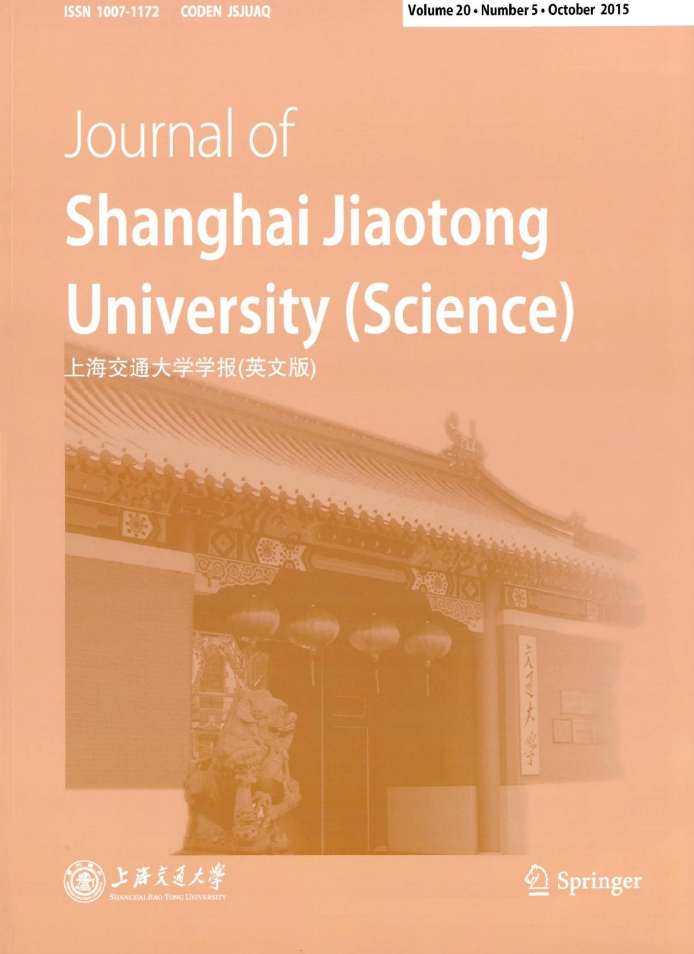|
|
Treatment of Aniline-Contaminated Wastewater by Sequencing Biofilm Batch Reactor System Under Micro-Aerobic Condition
QI Pei-shi* (祁佩时), CHEN Hong-yi (陈洪一), LIU Yun-zhi (刘云芝)
2015, 20 (5):
634-640.
doi: 10.1007/s12204-015-1670-3
Sequencing biofilm batch reactor (SBBR) under micro-aerobic condition was applied to the treatment
of aniline-contaminated wastewater in this study. Hydraulic retention time (HRT) of 12—36 h and dissolved
oxygen (DO) concentration of 0.1—0.5 mg/L were selected as the operating variables to model, analyze and
optimize the process. Five dependent parameters, aniline (AN), chemical oxygen demand (COD), ammonium,
total nitrogen (TN) and total phosphorus (TP) removal efficiencies as the process responses, were studied. From
the results, increase in DO concentration could promote the AN, COD and ammonium removal; increase in HRT
could also lead to increase of the AN and ammonium removal, but might decrease COD removal due to endogenous
respiration and soluble microbial products. In the SBBR system, 24 h for HRT and 0.5 mg/L for DO concentration
were chosen as the optimum operating condition. The actual removal efficiencies of COD, AN and ammonium
under the optimum operating condition were 98.37%, 100% and 89.29%, respectively. The experimental findings
were in close agreement with the model prediction. The presence of glucose could promote bacterial growth and
has positive influence on AN degradation and ammonium removal.
References |
Related Articles |
Metrics
|

